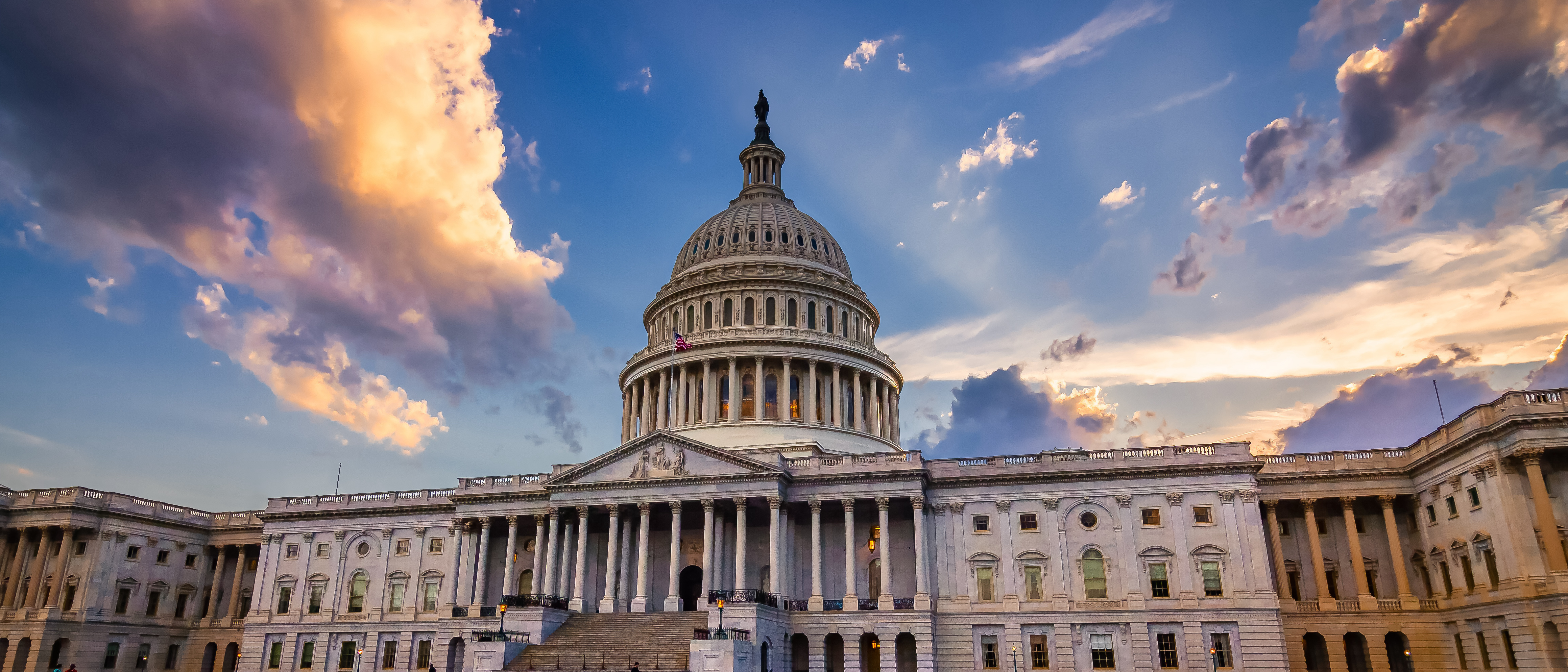FCC’s Unlicensed Wireless Mic Registration Opens
In Public Notice DA 12-1514released Wednesday, the FCC Office of Engineering and Technology and the Wireless Telecommunications Bureau announced the launch of the unlicensed wireless microphone registration system.
You may recall that the FCC has limited the roll out of TV band “white space” devices pending modification of its Universal Licensing System (ULS) to allow users of unlicensed wireless microphones to register their systems. Without the ability to register wireless microphone registrations, TV band white space devices could cause interference to concerts, theatrical performances and other major productions and events that depend on wireless microphones.
The new FCC registration system is only available for venues located in Washington D.C., New York, New Jersey, Pennsylvania, Delaware, Maryland, Virginia, and North Carolina. Now that the registration system is in place, I expect the FCC will soon allow the two currently approved database administrators to begin authorizing TV band devices in these states.
Users of wireless microphones that are not eligible for a license are only allowed to register microphones in certain limited cases, which the FCC defines as “major sporting events,” “live theatrical productions/shows” and other “major events where large numbers of wireless microphones will be used and cannot be accommodated in the available channels.”
The FCC reserves two channels (the first available above and below Channel 37) for wireless microphone use and registrants will have to demonstrate that these frequencies are not sufficient. Once users register their unlicensed microphones in the ULS and the application is approved by the FCC, they will be given an FCC file number that they can use to access one of the TV Bands database systems to enter final scheduling and channel information for the venue.
The Public Notice states, “The overwhelming majority of unlicensed wireless microphone uses do not qualify for registration for database protection.” It adds, “small- and medium-sized venues and facilities such as libraries, courthouses, schools, meeting sites, community theaters, and convention centers would not normally qualify for protection and would not be registered. The Commission did not generally intend for registration of these types of uses, and we discourage applications of this nature.”
The FCC Help Article Overview of Unlicensed LPAD (Including Wireless Microphone) Registrations provides additional information on the registration process.
Get the TV Tech Newsletter
The professional video industry's #1 source for news, trends and product and tech information. Sign up below.

Doug Lung is one of America's foremost authorities on broadcast RF technology. As vice president of Broadcast Technology for NBCUniversal Local, H. Douglas Lung leads NBC and Telemundo-owned stations’ RF and transmission affairs, including microwave, radars, satellite uplinks, and FCC technical filings. Beginning his career in 1976 at KSCI in Los Angeles, Lung has nearly 50 years of experience in broadcast television engineering. Beginning in 1985, he led the engineering department for what was to become the Telemundo network and station group, assisting in the design, construction and installation of the company’s broadcast and cable facilities. Other projects include work on the launch of Hawaii’s first UHF TV station, the rollout and testing of the ATSC mobile-handheld standard, and software development related to the incentive auction TV spectrum repack. A longtime columnist for TV Technology, Doug is also a regular contributor to IEEE Broadcast Technology. He is the recipient of the 2023 NAB Television Engineering Award. He also received a Tech Leadership Award from TV Tech publisher Future plc in 2021 and is a member of the IEEE Broadcast Technology Society and the Society of Broadcast Engineers.
